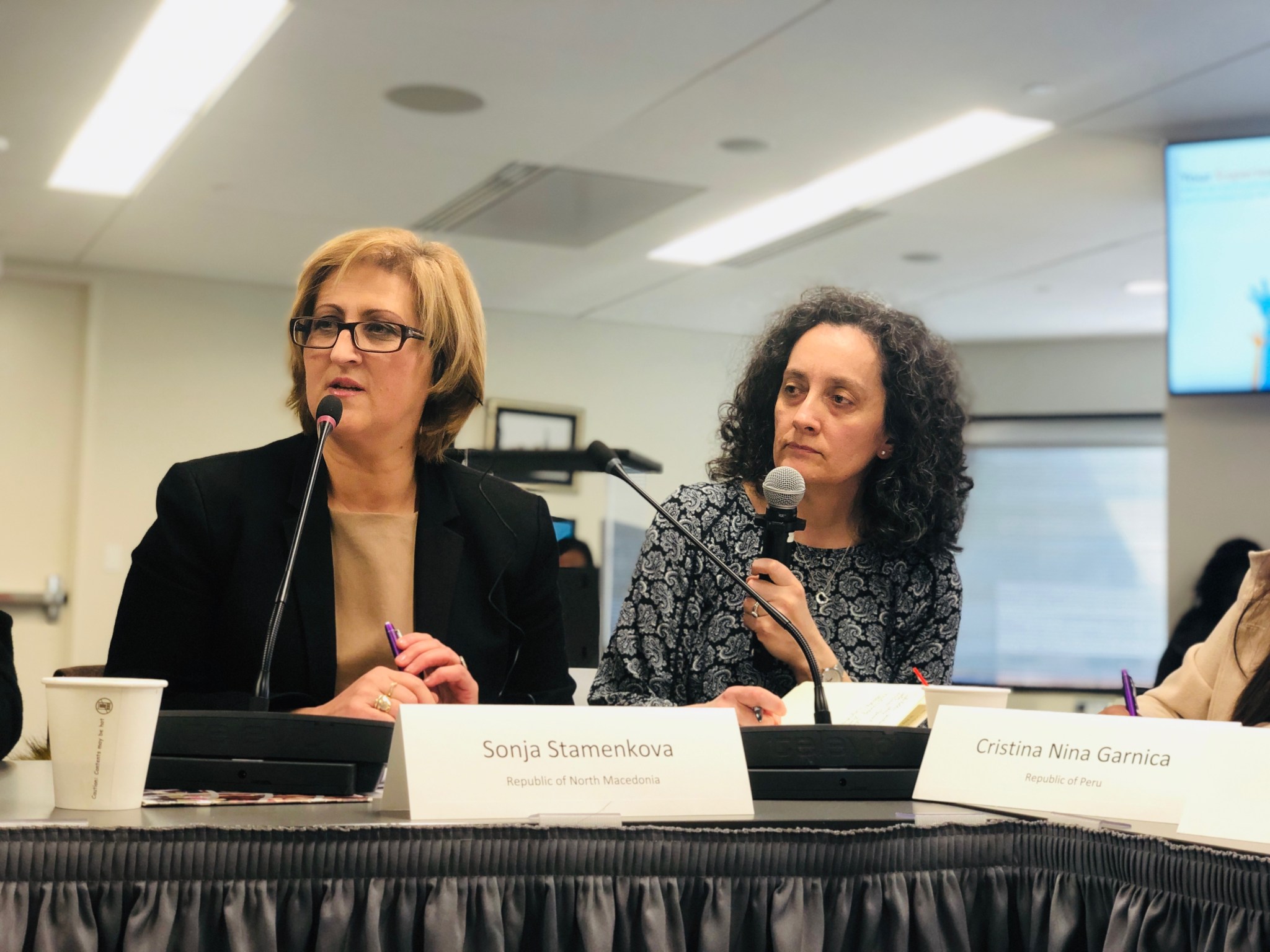
Globally, women are making strides towards greater political participation. However, in many countries, women are vastly underrepresented in politics, specifically in local government.
Only 20 percent of mayors around the world are women, despite the positive influence and change they have created within their cities. Research has shown that when women ascend into leadership roles, they bring a unique experience into government that leads to gender inclusive public policies, economic growth, safer environments, infrastructure development and overall improvement of citizens’ quality of life for both men and women. Also, when women make up more than 30 percent of political seats, governments are more inclusive, egalitarian, and democratic.
For example, after the Islamist extremist uprising in Zamboanga City, Philippines, Mayor Beng Climaco established an inter-religious dialogue council that convened Christian and Muslim communities to foster peace and understanding. Since the establishment of this initiative, there has been a decrease of terrorist attacks in the city. In the United States, Betsy Price, mayor of Fort Worth, Texas, launched FitWorth, which tackles childhood obesity through healthy eating and physical activity. Since the launch of program in 2012, the initiative has reached more than 25,000 children and 20 million minutes of physical activity.
These examples illustrate the impact and importance of women leaders in local government. This is why the Women’s Democracy Network (WDN) recently invited seven female mayors from around the world to Washington, D.C. to develop their capacity as elected officials.
The Women’s Democracy Network is committed to empowering women throughout their leadership journey.
In honor of International Women’s Day (IWD) in March, the Women’s Democracy Network (WDN) hosted a delegation of seven female mayors from seven countries at our annual conference, including The Gambia, Mali, Nepal, North Macedonia, Peru, Tunisia and Zimbabwe. These mayors are committed to strengthening their local democratic institutions and establishing avenues for community development within their cities.
Throughout the week, the delegation shared challenges specific to their cities and engaged with leading experts from the private and public sector who provided strategies to address issues such as economic development, cybersecurity, transparency, smart governance and developing adequate water and sanitation infrastructure.
In addition to providing the delegation with expert guidance, the IWD conference served as a platform for the delegation to share their experiences and learn what others are doing to transform their cities. For example, IWD delegate the Honorable Sonja Stamenkova, told delegates how she increased transparency in her office by establishing open office hours so that constituents can express their concerns in person and provide suggestions on ongoing policy matters. Stamenkova also introduced the practice of recording council meetings so that constituents can keep track of current government discussions. The Honorable Angeline Kasipo said that she will look at duplicating these efforts in her community in Zimbabwe.
WDN will continue to support the mayors’ efforts to increase their effectiveness and assist them to create more gender-inclusive public policies. For example, WDN will host online consultations and in-country programming to assess the overall impact of the gender policy handbook and the 2019 International Women’s Day Conference. The strength of WDN’s 3,000+ strong global network will enable these mayors to remain connected with their mayoral colleagues across the network, share best practices and implement what they learned in their communities. In so doing, WDN is helping women leaders around the world to ensure that all citizens have a voice, and empowering them to build more democratic communities and societies.
Top